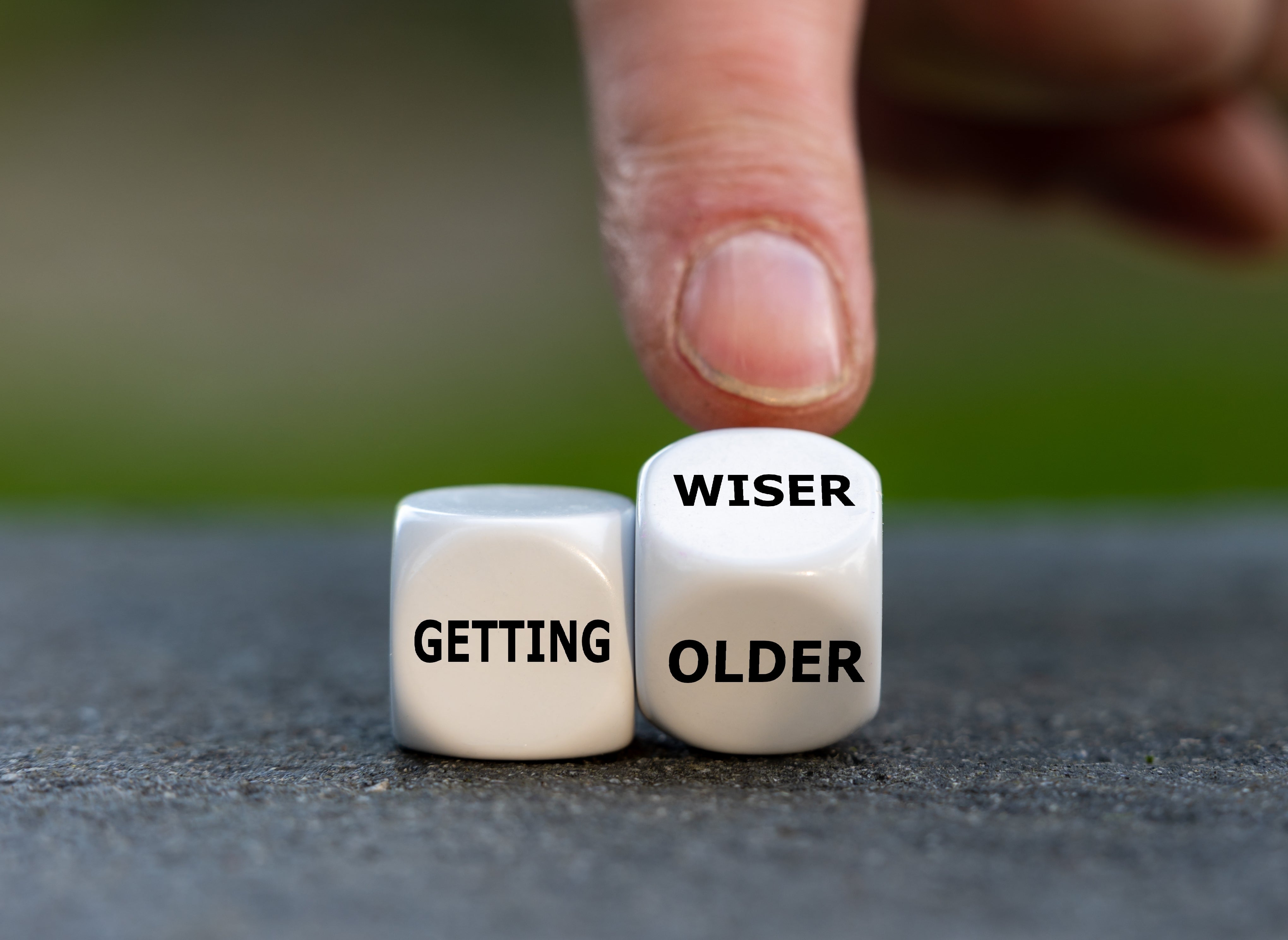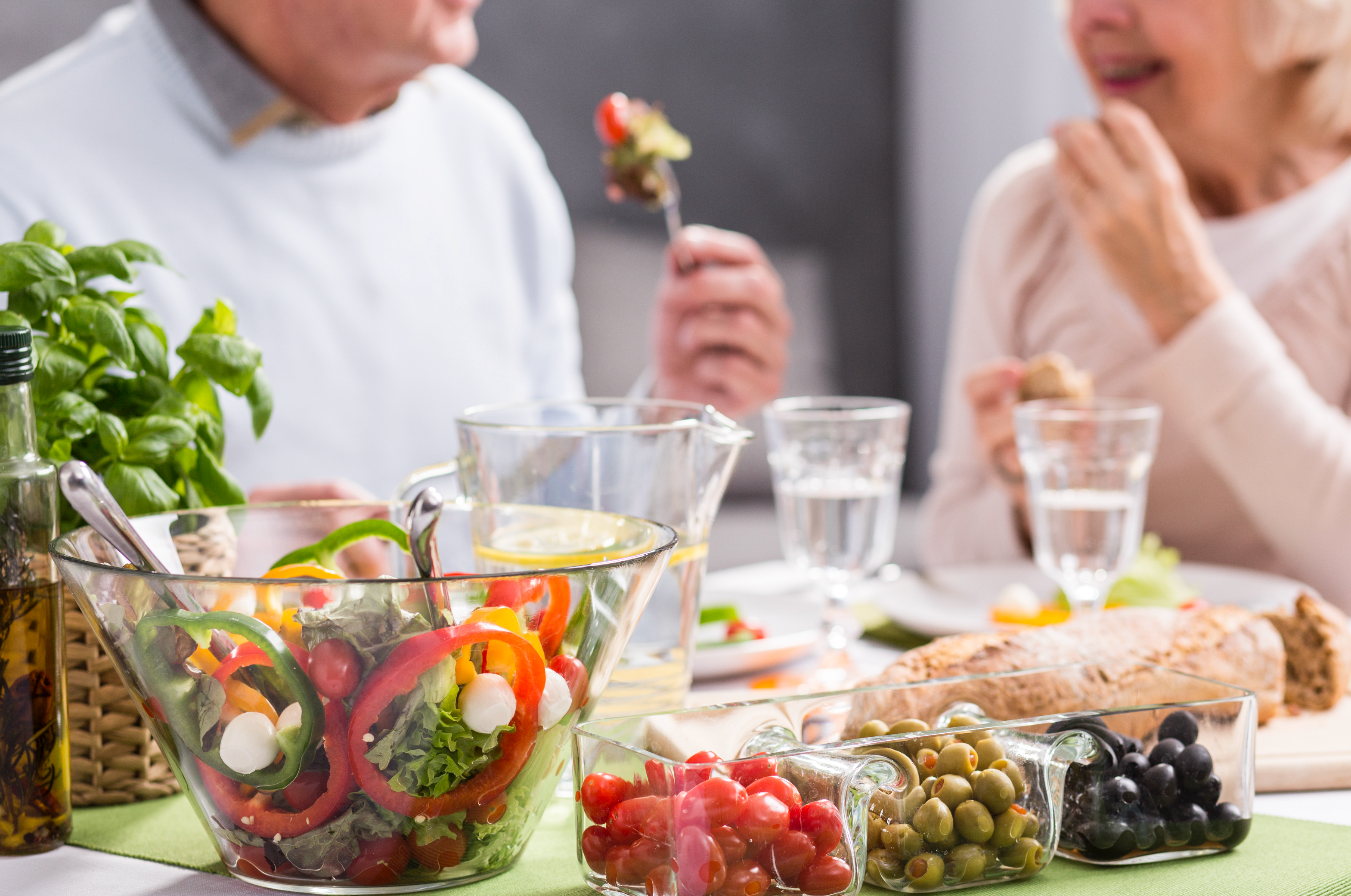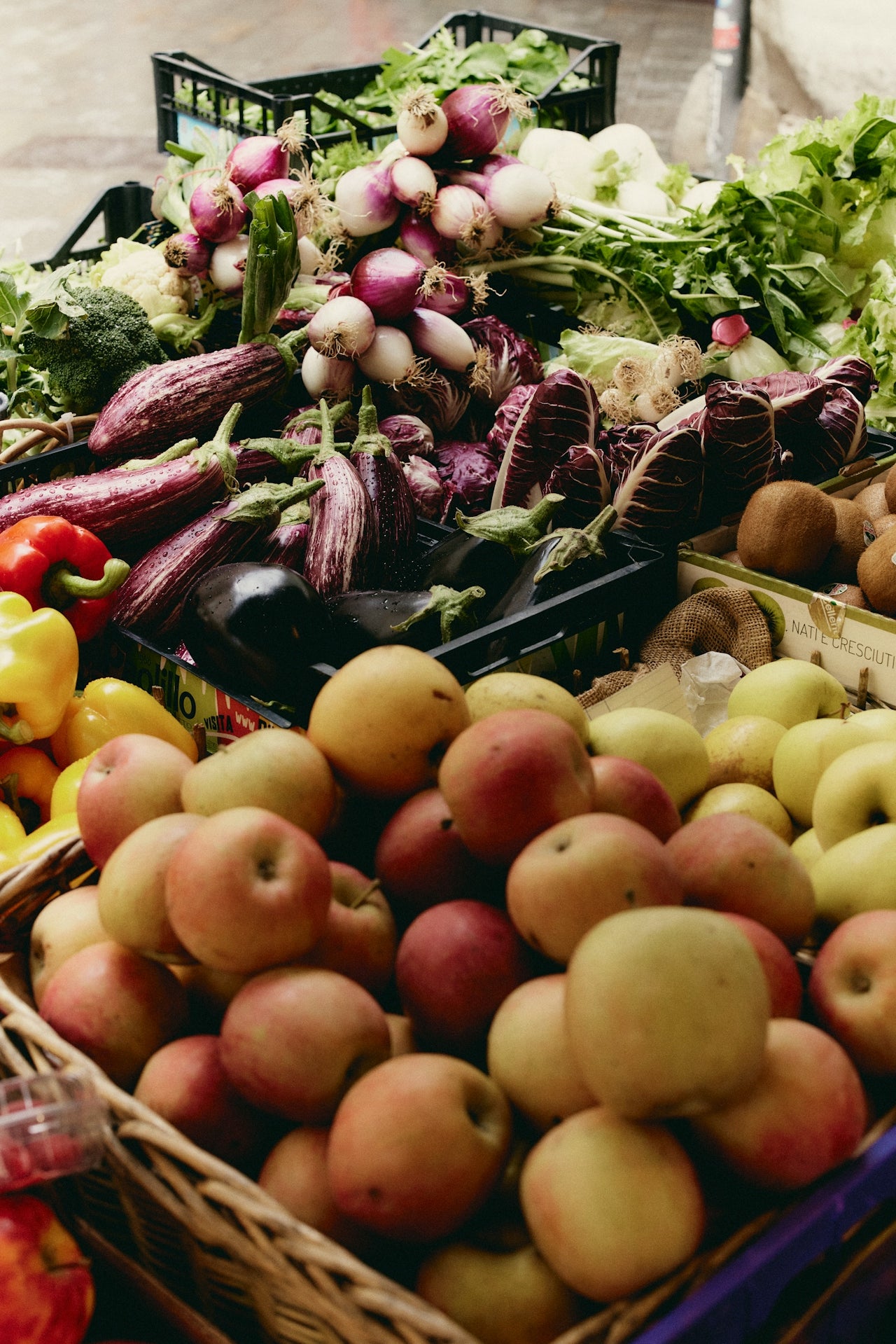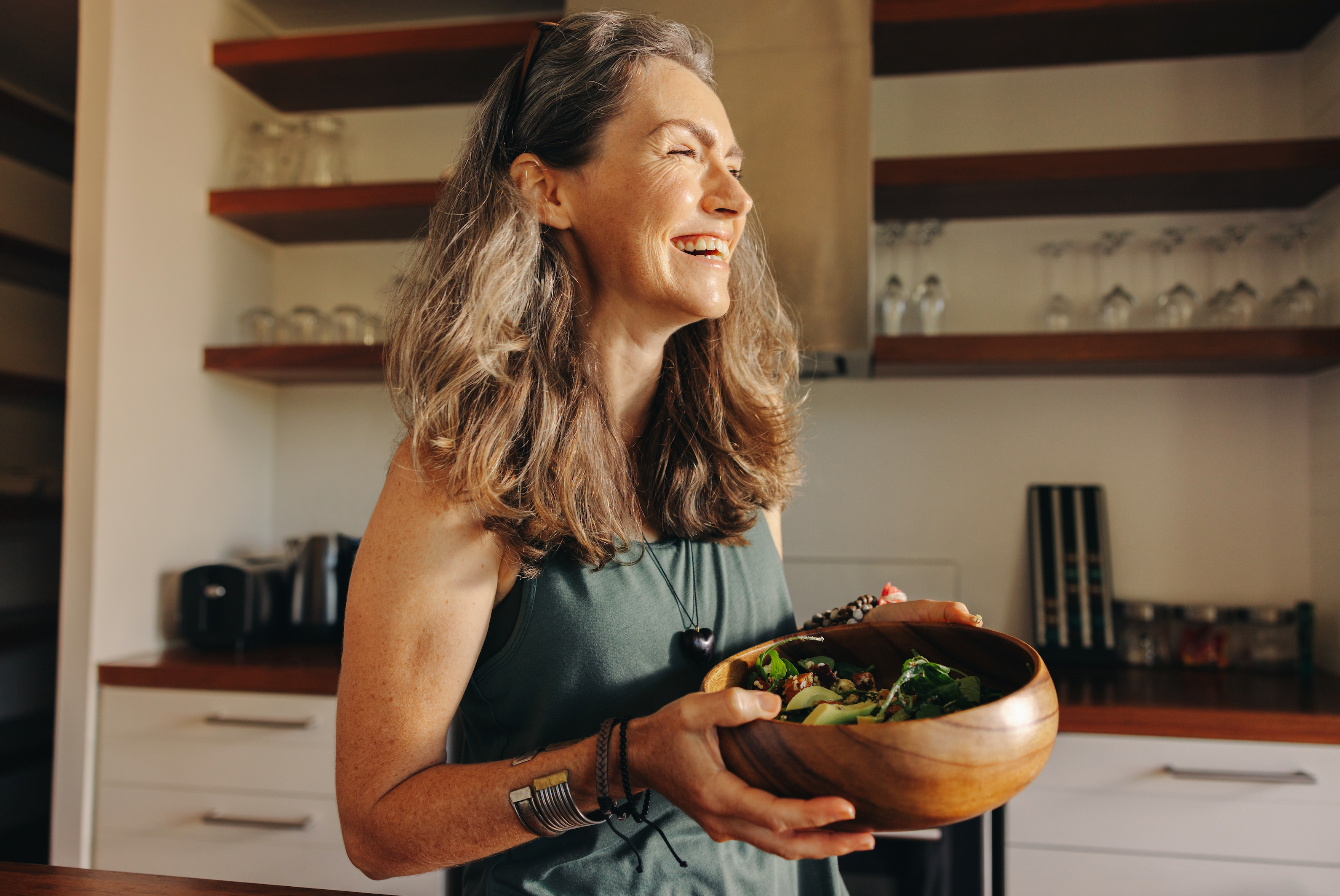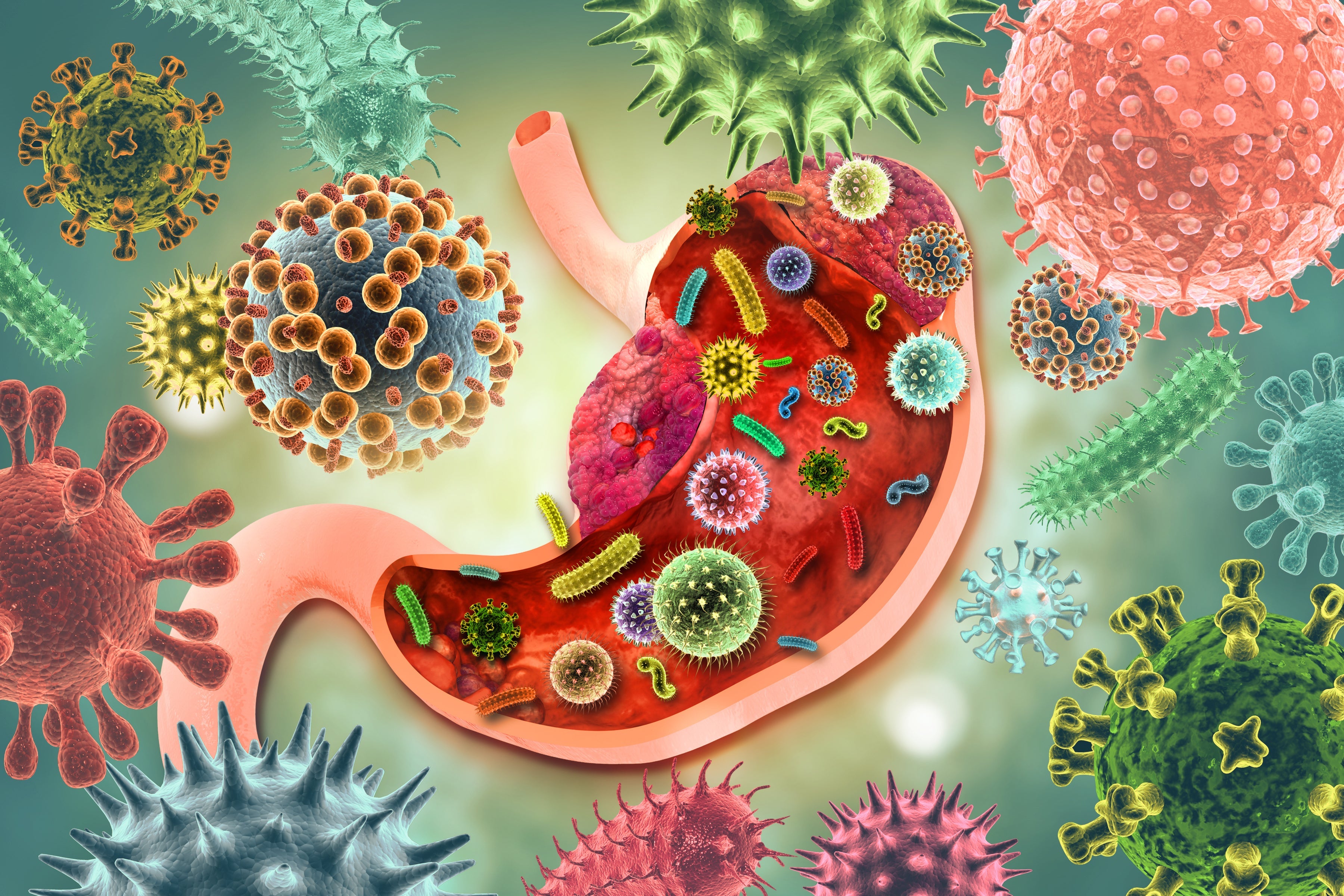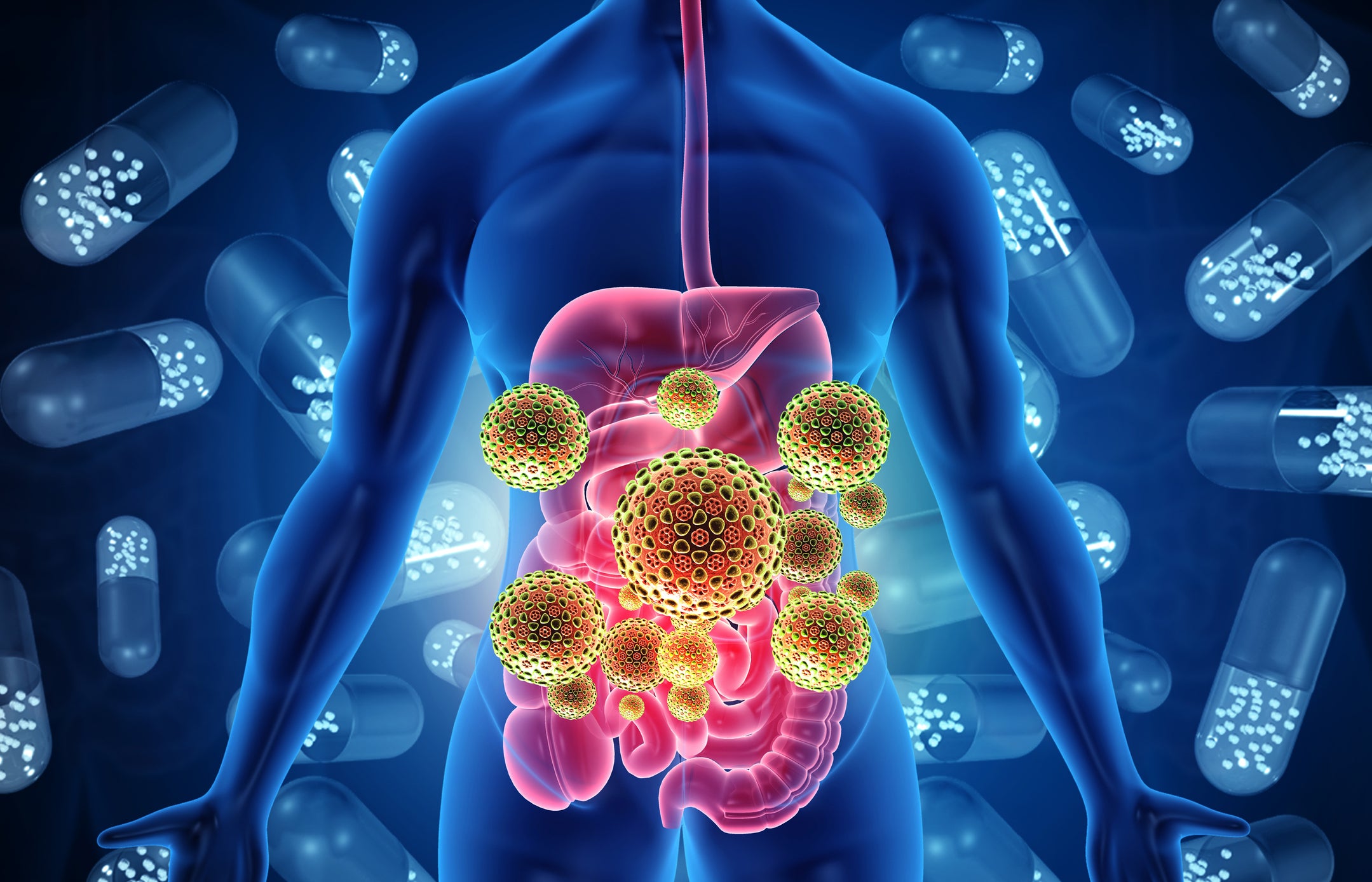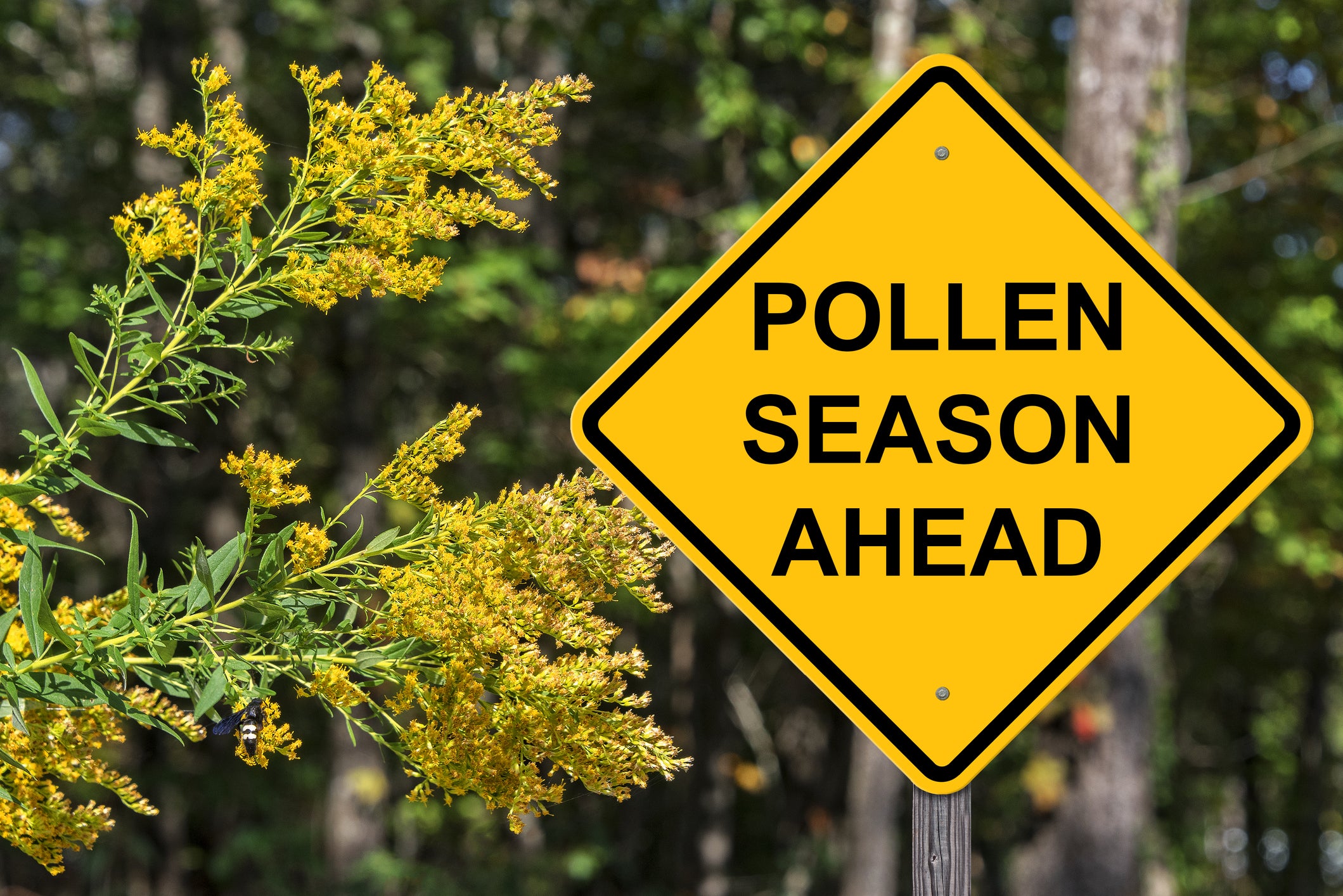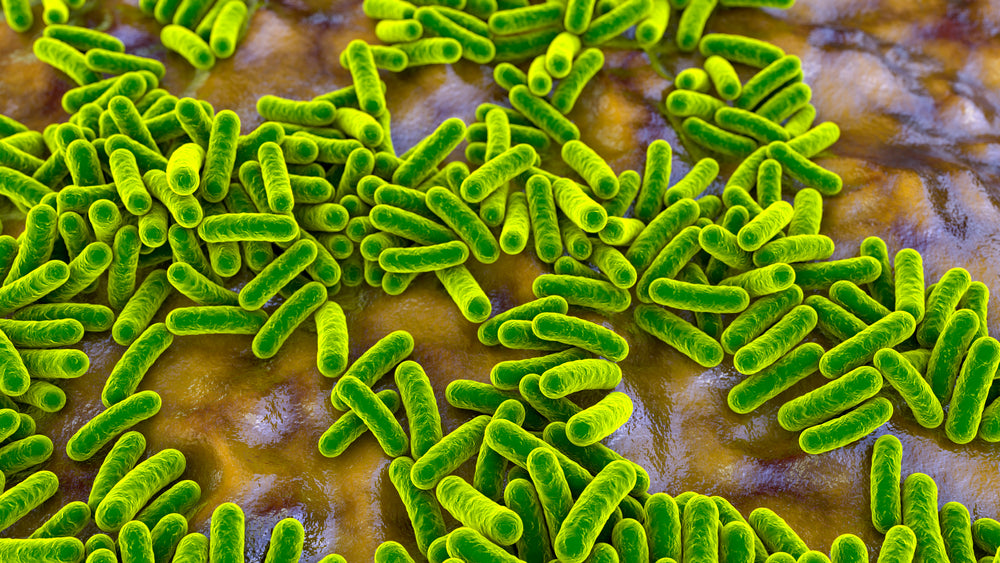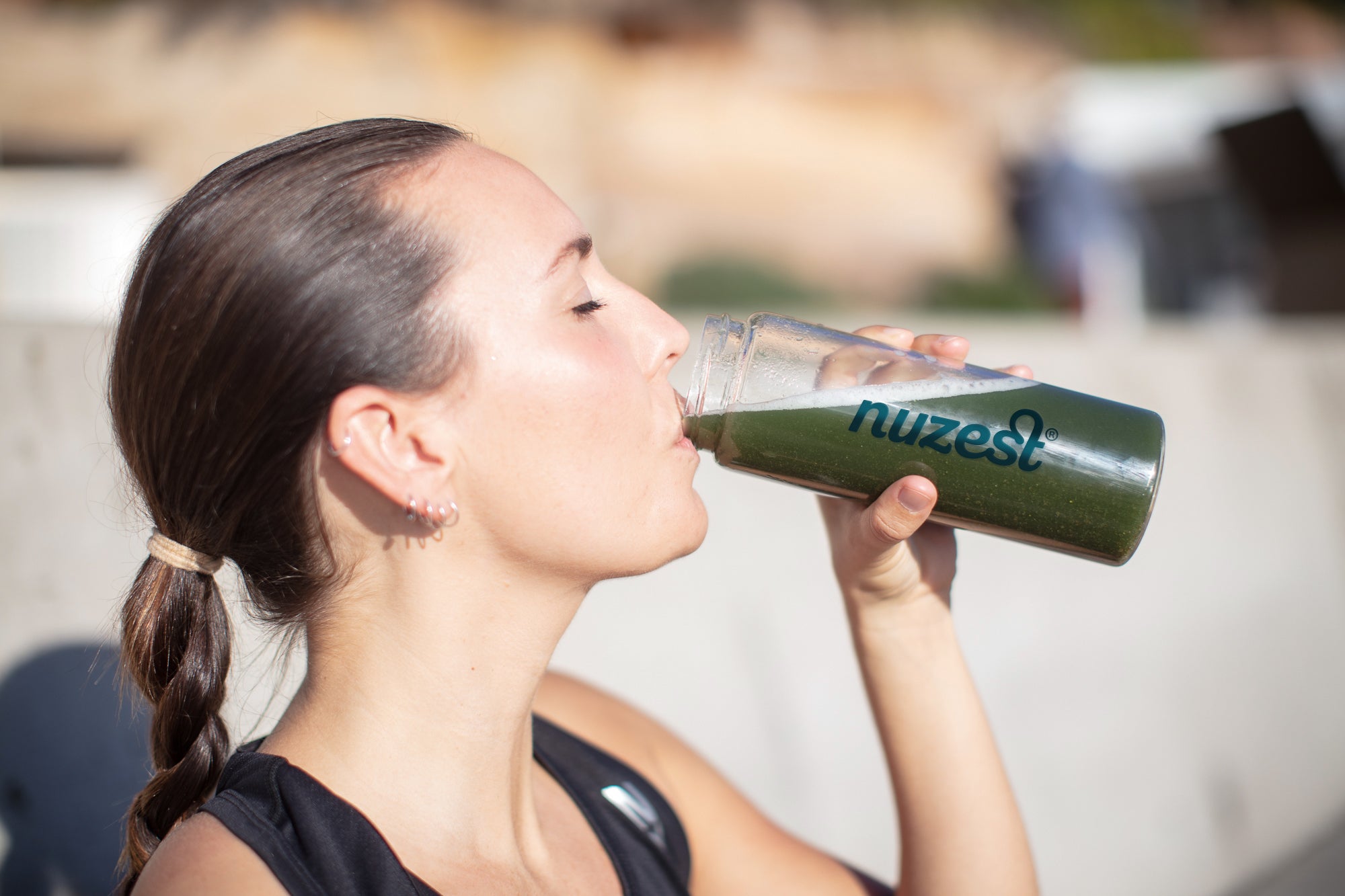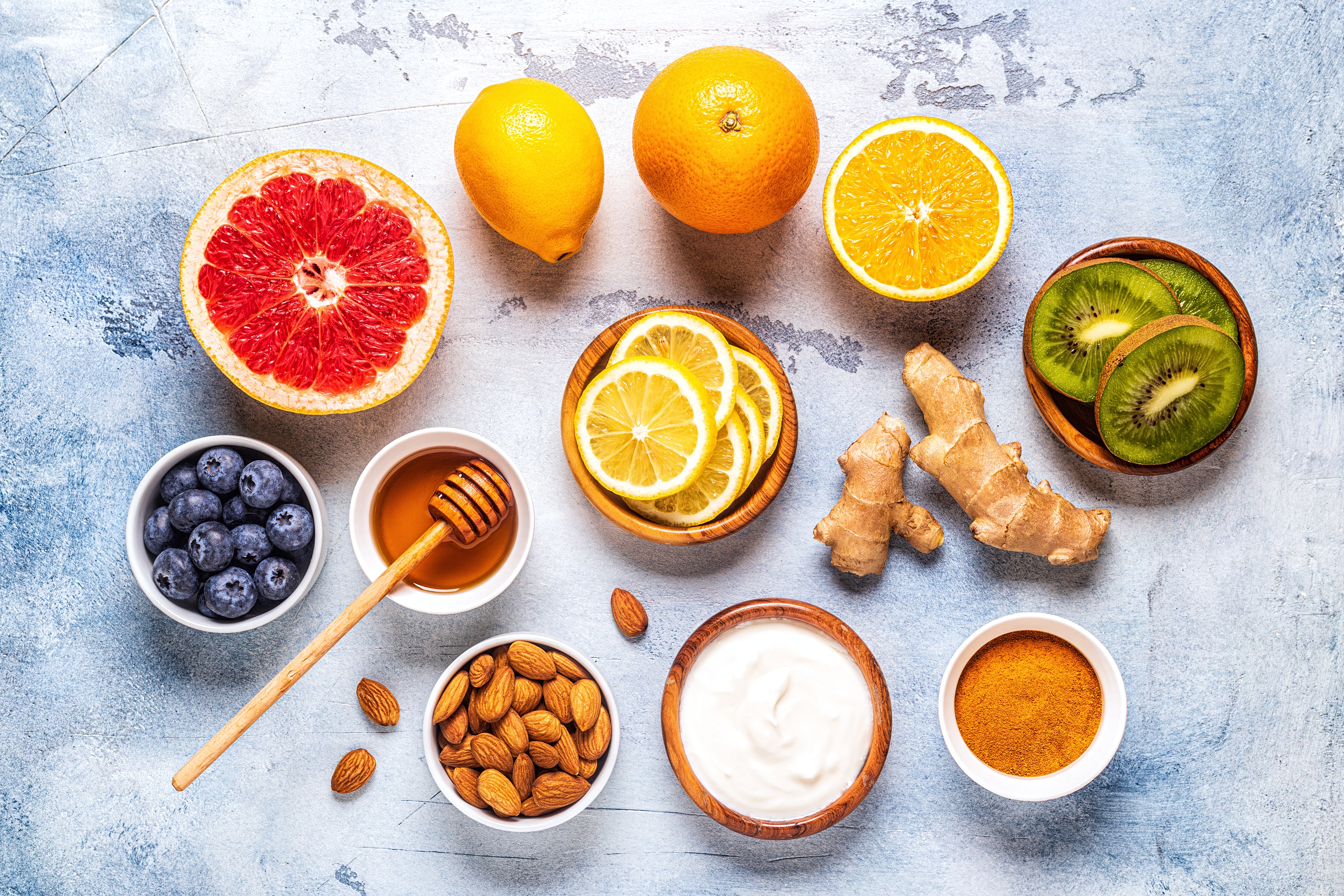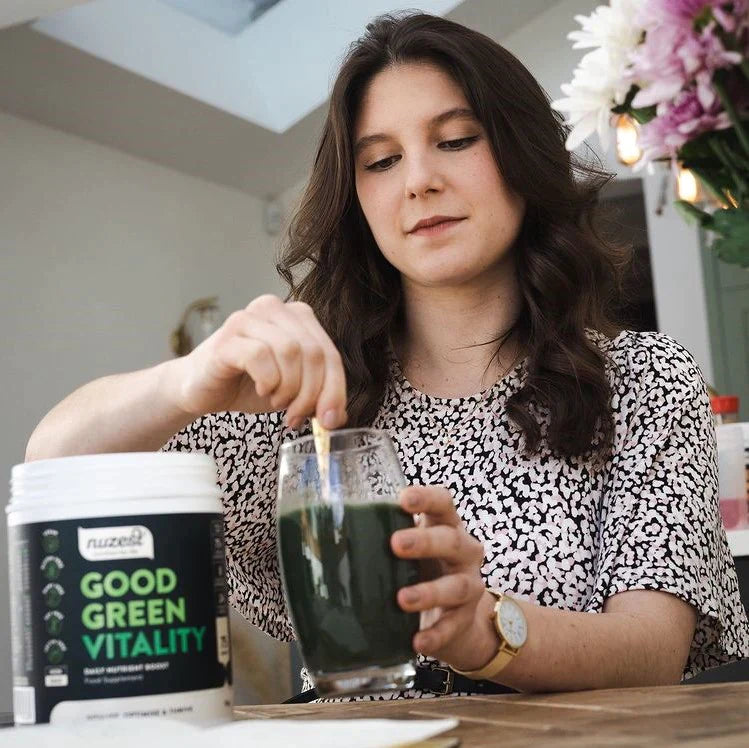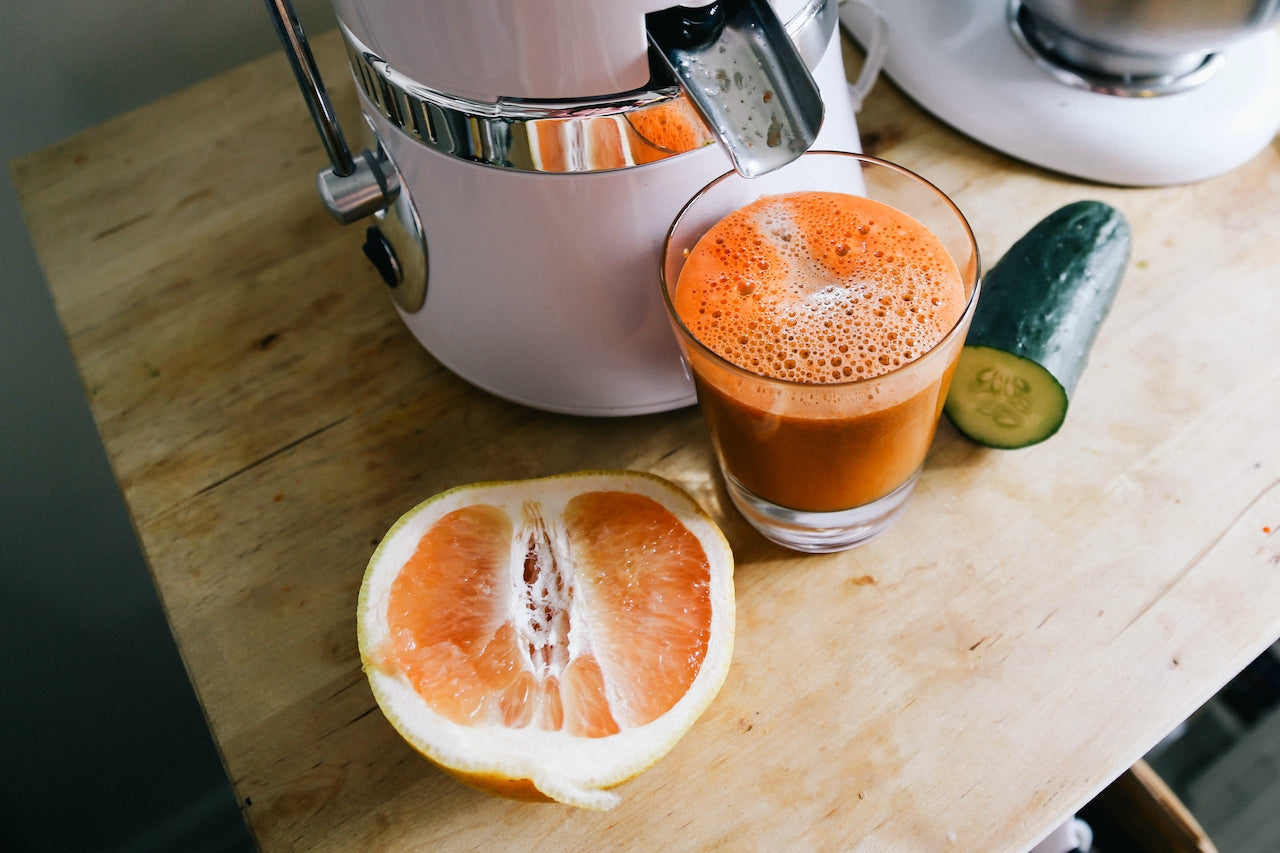- What is Collagen?
- What is Pea Protein?
- How do Collagen and Pea Protein Compare, Nutritionally?
- Is Pea Protein Better than Collagen?
- Is Collagen a Complete Protein?
- Is Pea Protein a Complete Protein?
- Benefits of Collagen
- Benefits of Pea Protein
- How do Pea Protein and Collagen Taste?
- What Do I Choose: Pea or Collagen?
What is Collagen?
Collagen is the most abundant type of protein found in animals.2 Collagen allows animals to move, bend, and stretch. It also makes hair shiny, gives skin its elasticity, and strengthens nails. Research suggests collagen does have its benefits, but it may also have its drawbacks. Collagen is associated with improved gut and skin health,3 for example, and collagen supports healthy muscle development.4 Most scientists working in nutritional science agree that more research is needed before they can reach any definitive conclusions regarding the health benefits and risks of collagen. While its abundance and benefits make collagen a popular choice among manufacturers and many consumers, it is not a good option for vegans or vegetarians.
What is Pea Protein?
Pea protein, on the other hand, is an excellent, plant-based source of protein. Pea protein is free from common allergens, which is essential to anyone with food allergies to dairy, wheat, soy, and egg. Because it comes from peas rather than from animals, pea protein is also a good choice for vegans and vegetarians. Clean Lean Protein uses premium European peas, which is highly bioavailable— meaning the human body absorbs and digests the protein easily. Nuzest’s European peas are also free from the lectin protein that can lead to legume intolerance.
Pea Protein vs Collagen: How Do They Compare Nutritionally?
A serving of collagen typically contains5 40 calories, 10 grams of protein, and no carbohydrates or fat. Nutritional content varies between brands and preparations, but a serving of pea protein generally contains6 about 80 calories, 15 grams of protein, 1 gram of carbohydrates, and 1.5 grams of fat. Nuzest contains 18-21 grams of protein per 25-gram serving. A serving also has a low fat content and naturally occurring sugar. Nuzest’s pea protein is vegan, dairy-free, soy-free, GMO-free and gluten-free.Is Collagen a Complete Protein?
Nutrition professionals describe proteins as being either “complete” or “incomplete,” depending on how many essential amino acids they contain. Amino acids combine to make proteins. The human body can make many, but not all, of the amino acids needed to make proteins. Scientists refer to the amino acids that the human body cannot make as “essential amino acids.” Humans get essential amino acids from the food they eat. There are nine essential amino acids: histidine, isoleucine, leucine, lysine, phenylalanine, methionine, threonine, valine, and tryptophan. To be a complete protein, the food source must contain all nine essential amino acids. Collagen is an incomplete protein because it is missing one amino acid: tryptophan. The human body converts tryptophan into serotonin,8 which is essential for regulating appetite, sleep, mood, and pain.
Is Pea Protein a Complete Protein?
Pea protein, by comparison, is a complete protein because it contains all nine essential amino acids. In addition to the tryptophan missing in collagen, pea protein contains the amino acids glycine, proline, hydroxyproline, and arginine that help give structure to skin, hair, nails, bones, and connective tissue, such as ligaments and tendons. While pea protein contains all the amino acids the body needs to get from food, it is low in methionine. Methionine is necessary for liver health and different cell functions.
Benefits of Collagen
Pea protein and collagen protein products both provide a number of benefits to the consumer. Collagen can help improve skin elasticity9 and reduce wrinkles10 to slow the signs of visible aging. This type of protein can help relieve joint pain,11 including that caused by osteoarthritis.12 Research13 suggests that collagen protein can lower inflammation, support joints, and reduce pain. Collagen may even keep bones strong,14 boost muscle mass,15 and provide other benefits.
Benefits of Pea Protein
Pea protein also provides a number of health benefits. Its full complement of amino acids promote muscle growth,14 help consumers feel fuller longer16 after meals, and can even reduce the number of calories17 a person consumes. Research shows that pea protein can promote heart health by reducing blood pressure18 and decreasing cholesterol levels.19

Pea Protein vs Collagen: How Do They Taste?
While many people embrace the health benefits of pea protein and collagen, others are hesitant because they are unsure if they will like the taste. Many may be surprised that collagen does not have a taste. Manufacturers often combine pea protein with flavorings. High-quality pea protein has a very subtle flavor, though, so it needs little more than its own natural flavor and a natural sweetener.
What Do I Choose: Pea Protein or Collagen?
The decision between pea protein and collagen depends largely on your expectations and preferences. Collagen provides many of the amino acids that the human body needs for good health, but it is not a complete protein. Furthermore, collagen is sourced from animals and is therefore not an option for vegetarians and vegans. Collagen actually improves food usage rates and reduces waste by using animal products that would otherwise be thrown away. Pea protein, by comparison, comes from plants and is easy on the environment and your taste buds. For more information on pea protein vs collagen, consult with your nutrition professional. The more you know about alternative protein sources, the better you can take care of your body.
References
- https://www.bmj.com/content/365/bmj.l2110
- https://www.medicalnewstoday.com/articles/325344.php
- http://www.jmnn.org/article.asp?issn=2278-1870;year=2015;volume=4;issue=1;spage=47;epage=53;aulast=Borumand
- https://www.ncbi.nlm.nih.gov/pmc/articles/PMC4594048/
- https://www.myfitnesspal.com/food/calories/collagen-powder-360258420
- https://www.healthline.com/nutrition/pea-protein-powder
- https://www.wri.org/blog/2016/04/sustainable-diets-what-you-need-know-12-charts
- https://pubchem.ncbi.nlm.nih.gov/compound/Tryptophan7
- https://www.ncbi.nlm.nih.gov/pubmed/23949208
- http://www.jmnn.org/article.asp?issn=2278-1870;year=2015;volume=4;issue=1;spage=47;epage=53;aulast=Borumand
- http://www.scielo.br/pdf/rbgg/v19n1/1809-9823-rbgg-19-01-00153.pdf
- https://www.ncbi.nlm.nih.gov/pubmed/17076983
- https://www.ncbi.nlm.nih.gov/pubmed/16341622
- https://www.ncbi.nlm.nih.gov/pmc/articles/PMC4594048/
- https://www.healthline.com/nutrition/pea-protein-powder#nutritional-benefits
- https://www.ncbi.nlm.nih.gov/pubmed/9748094
- https://www.ncbi.nlm.nih.gov/pubmed/22916818
- https://www.ncbi.nlm.nih.gov/pubmed/21854068
- https://www.ncbi.nlm.nih.gov/pubmed/20077421











